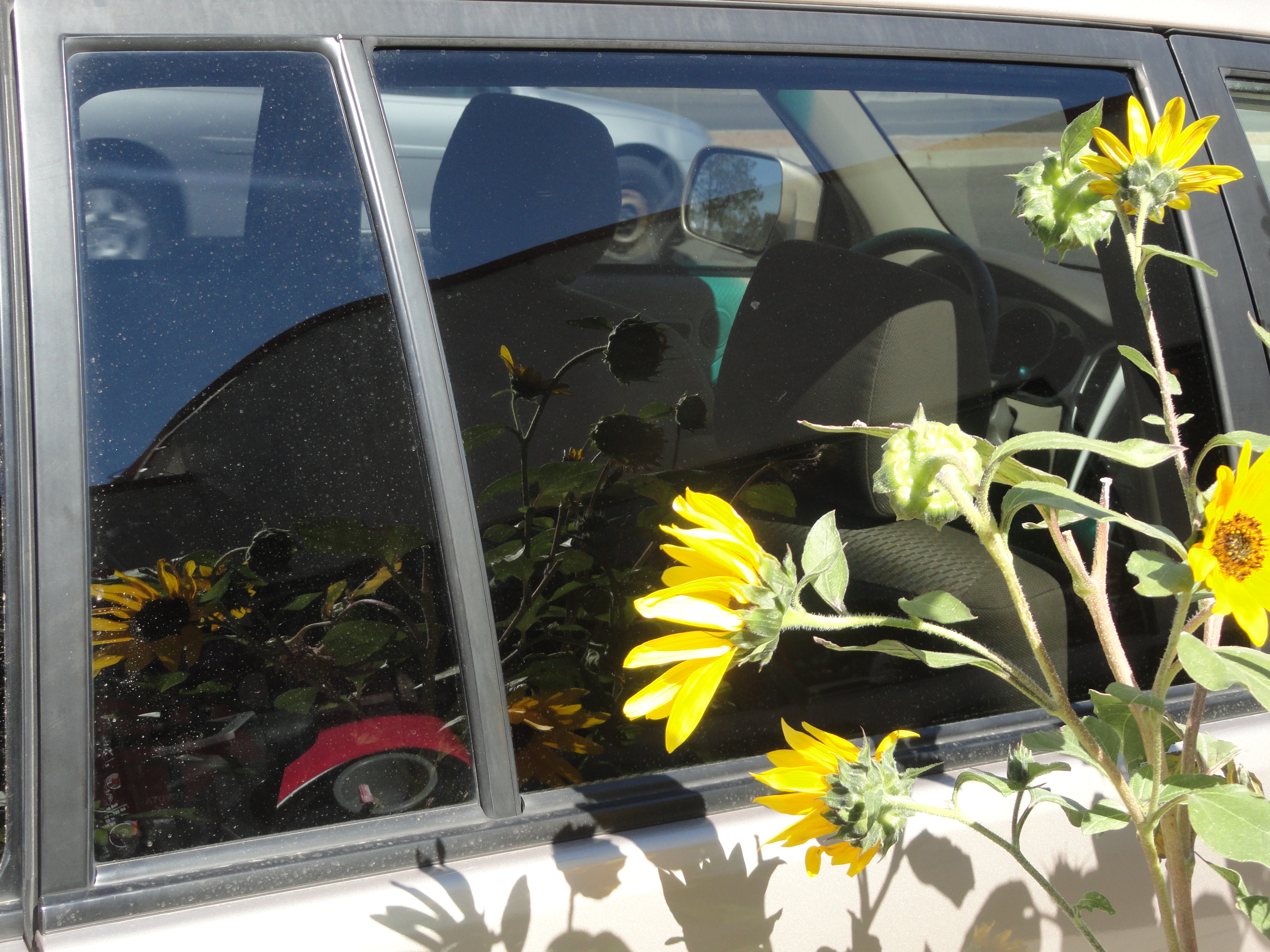
"Conventional wisdom" (those truisms that too-often aren't true) says "children need limits," and that good parents have lots of limits (the more limits the better the parent). We've all seen (and some have been in) families where stifling limits caused the very problems they were expected to prevent. But without a counter-mantra to "children need limits" it's easy for parents to fear that it must be true or people wouldn't keep saying it.
If by "limits" people mean "safe boundaries," sure! If by "limits" people mean "someone to watch and care," absolutely! But what people usually mean by "limits" is parents who say "no / don't / stop / forget it / when you're older."
When unschoolers discuss limits they're often discussing arbitrary limits, trumped up to make the parents feel good, or used as magical talismans to guarantee that their children will be creative, healthy and safe. What creates much more magic is to help children discover and do and be.
SandraDodd.com/limits
photo by Sandra Dodd
___






